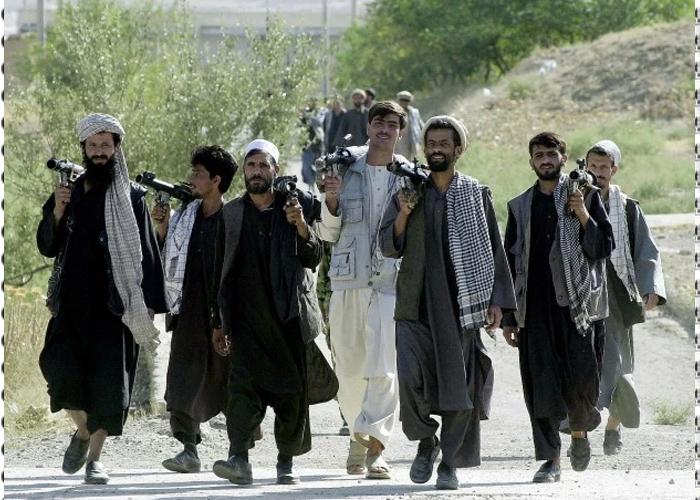The checkered past reveals the fact that Afghanistan has been the hotbed of different ideologies. War and peace root in political and social facts – the current instability proves the very issue. Mercenary militant fighters fight to wreak havoc on the nation but our soldiers fight to protect the nation.
Afghan nation dreamt of establishing democracy and forming a civil society void of violence and bloodshed, however, militant fighters challenged people to achieve their ambition.
There were three main factors behind decades-long conflict imposed on Afghan nation: First, we lack political maturity and deception. Whoever smiled, behind a friendly façade, we shook hand from the bottom of our heart and deemed it a perfect companion. Our pure conscience and sincere policy were highly exploited. For instance, when the Taliban militants set foot in the country, the individuals welcomed them with open arm. A deep sense of hope permeated across the country. They were said to establish an impeccable law and order in the society and would change Afghanistan into utopia. But this hope soon disappeared and the public dream did not come true. To their unmitigated chagrin, the Taliban regime changed the country into dystopia via launching carnage and violence.
Honesty and faith in commitments, which were deeply embedded in our culture, played a counterproductive role in our history. Violating a commitment was considered immoral and we followed the famous rule of “honesty is the best policy”. However, those who believed the opposite, they were the winner. The second factor was disunity and lack of spirit of brotherhood. Our national glories, such as winning victory over the Soviet Union, were faded into oblivion and a tension broke out among the citizens. The ugly incident of civil war led to wide destruction and undermined our national honor. Moreover, the opportunists utilized the tension in their own political interests and muddied the water more than ever before. Third, radical ideologies penetrated into the minds of the youths who joined seminaries outside and this issue heralded violence across the country. They were trained military tactics and were armed to launch operation against modernization, deemed as “western products.” They remain adamantly opposed to modernization and continue their militancy without flexibility. The dogmatic mindset of religious hardliners handed out to their progenies rather than being buried with their bodies. They sought to fertilize their toxic beliefs in the minds of simple teens and preteens and it bore the desired result for the radical militants and terrorist groups.
The failure in decades-long counterterrorism struggles bespeaks of the same fact. The pregnant silence after the 9/11 attacks was a lull for the Taliban to reorganize their ragtag groups so as to continue insurgency in a more equipped manner. Moreover, seminaries outside the country are yet the hotbed of radical ideologies, which are futuristic potential threat to the Afghanistan’s security, and have to be considered by the officials. Hence, these were the critical factors behind the security situation in Afghanistan.
Currently, the unmitigated insurgency has slowed down the process of democratization in the country. The Afghans’ long-standing ambition for peace and stability is interrupted by terrorist acts. In other words, the ideologues and political mercenaries still attempt to prevent from democratization. Is there any peaceful way left to channelize for democratic system and stabilize the country?
Meaningful negotiations will be the only way left to mitigate the challenges and bring in security. So far, the Taliban have played a foul game at the negotiating table and sought one-sided concessions. They also intensified their attacks against Afghan soldiers and civilians to gain further concessions. To support peace and stability, regional and global stakeholders have to pressure the Taliban to sit at the negotiating table with genuine intention and goodwill. The Taliban have to stop insincere intention and seeking concessions through shedding the blood of people, which has pushed the talks to deadlock. They have to negotiate meaningfully and put an end to the ongoing conflict through negotiations. Persisting on militancy and bloodshed will be counterproductive. Regional and global actors in general and Pakistan in particular need to put pressure on the Taliban group to stop the foul game and prove their goodwill through de-escalating its insurgency and preparing for declaration of ceasefire and self-disarmament.
To make the peace sustainable, Afghan people have to extend tolerance and strengthen the spirit of brotherhood. Discrimination – be it on the grounds of race, religion, color, caste, or creed – will compound the challenges as well as violence and conflict. Each individual should seek to be tolerant to another and do not claim superiority.
Home » Opinion » Peace Remains Elusive
Peace Remains Elusive
| Hujjatullah Zia

